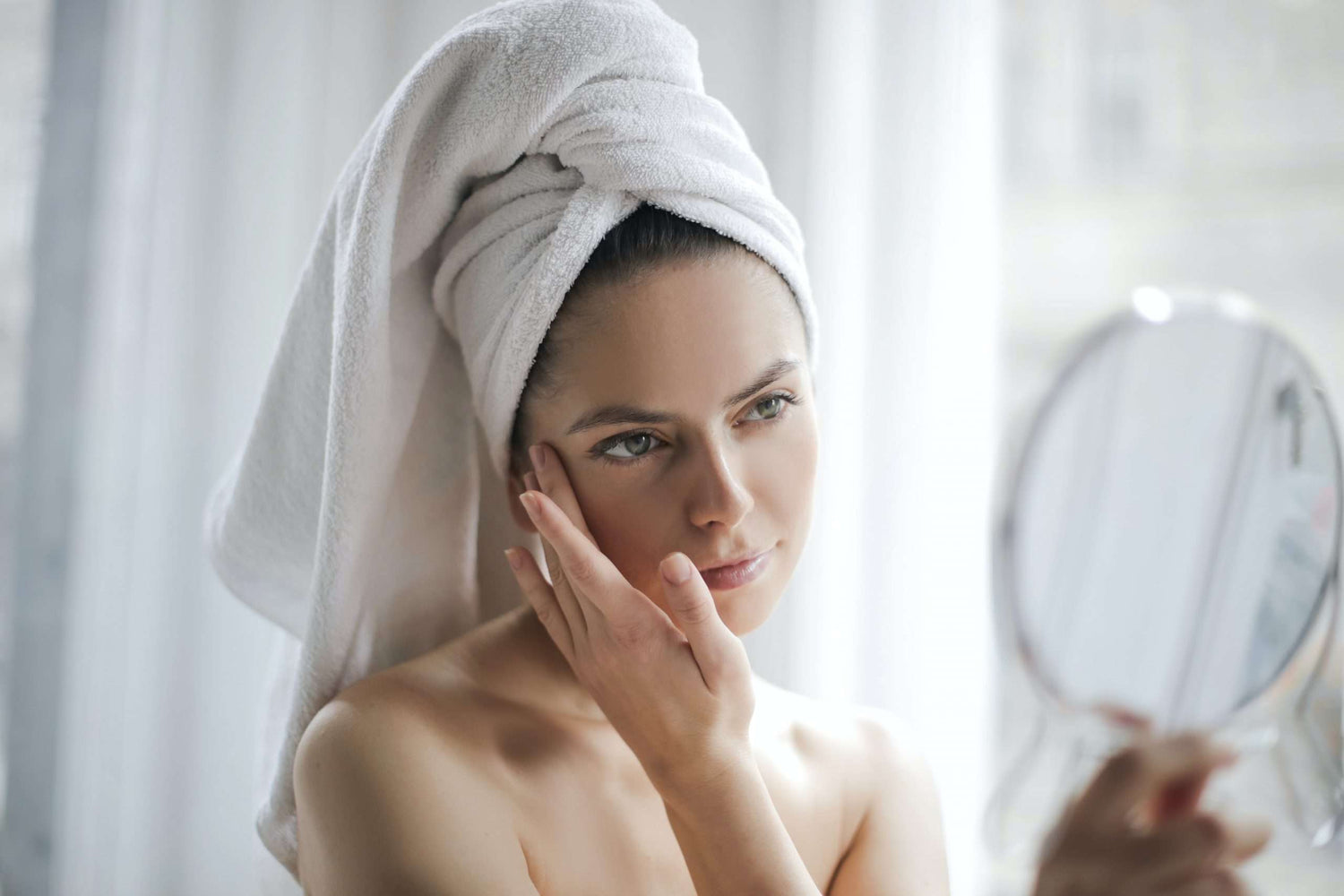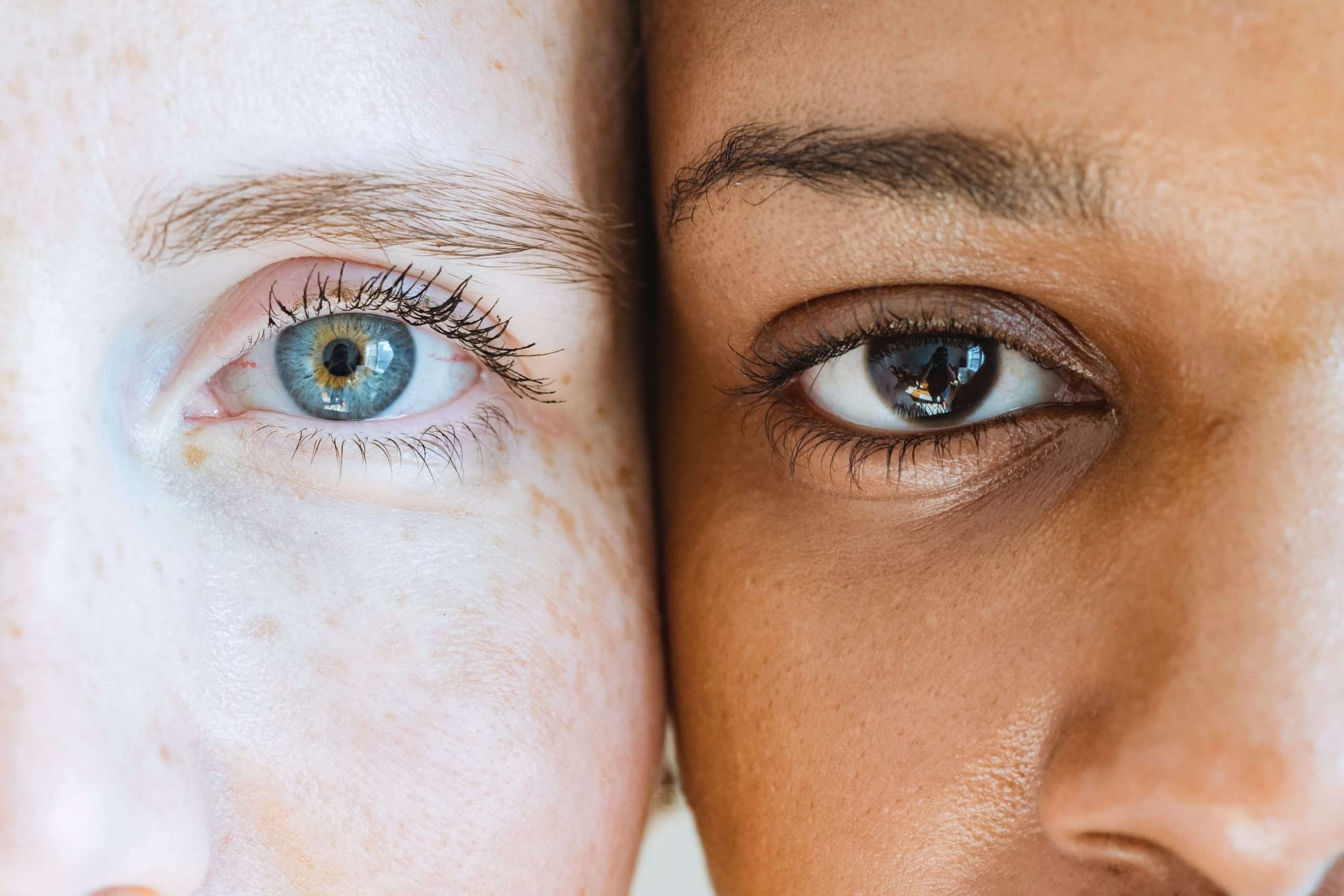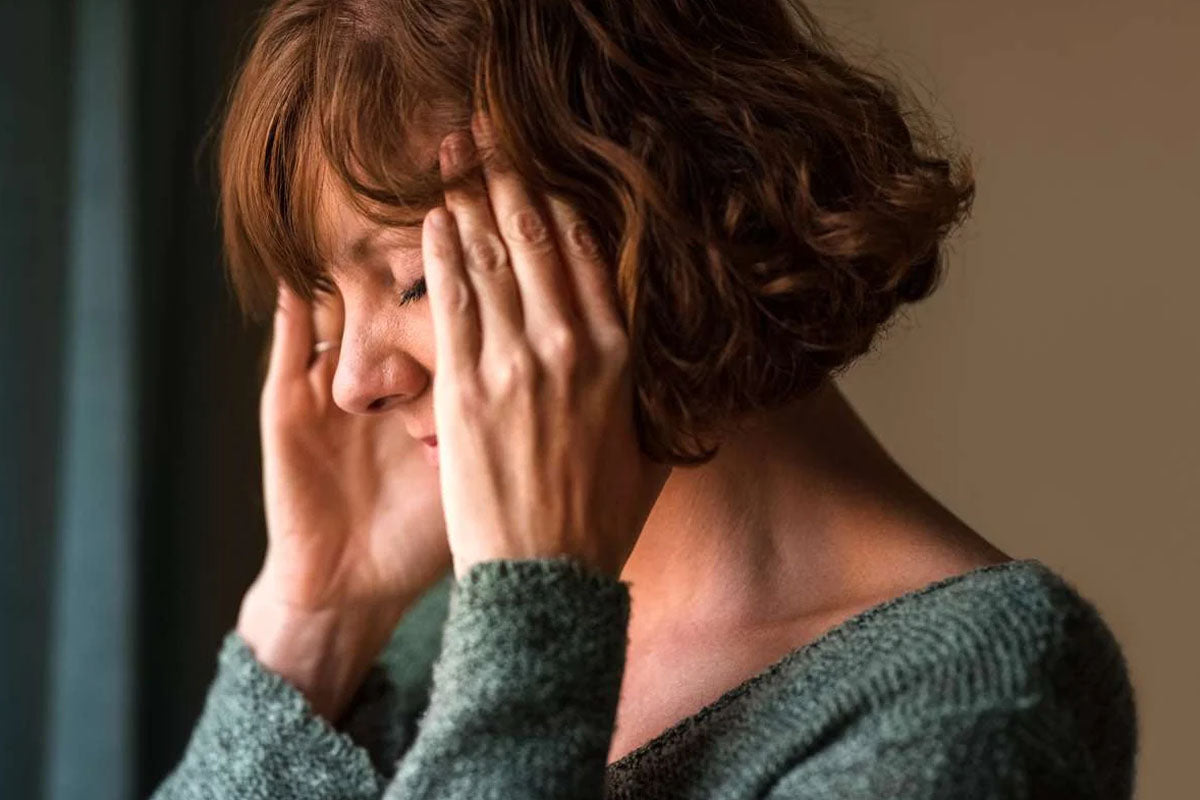For millions of people all over the world, acne can be devastating.
It can scar and disfigure, and the knock-on effect of living with it - often through the most unstable, sensitive years of adolescence- can sometimes even lead to serious mental health problems.
That is why I feel passionately about helping people of all ages with acne, but especially those younger patients who may be having to manage it during an already turbulent period in life, and for whom effective management of acne can be transformational.
It can take time to make a difference, and so getting in there and taking action as early as possible is crucial in preventing long-term skin and psychological damage.
Below is a guide to what acne exactly is, and many of the ways it can be treated.
There’s a lot in there, so if you’re low on time, skip to the end where I’ve put together a quick general guide to acne skincare.
So, what exactly causes acne?
Acne is a chronic inflammatory skin condition involving the dysfunction of the hair follicles and oil glands. It usually affects the face, but may also affect the upper chest and back.
Overproduction of oil leads to clogging of the hair follicles (pores), trapping normal skin bacteria inside which then multiply and become more aggressive than usual.
This clogging and bacterial infection causes redness, inflammation and excessive pus production. Increased sensitivity to hormones thickens the hair follicles, which leads to further blocking of the pores with dead skin, forming spots.
Increased sensitivity to androgens (male-predominant hormones), during and after puberty can drive this process in boys and men. In women, hormonal fluctuations throughout the menstrual cycle, during pregnancy or during the peri-menopause, commonly lead to acne at these times.
Medications affecting hormonal balance can also cause acne, as can psychological stress and poor diet - which I will come back to later on.
Understanding the processes behind the development of acne is key to effective treatment.
So, the aims of acne treatment are to:
-Reduce oil production
-Speed up skin cell turnover
-Exfoliate the skin surface and unclog pores
-Treat bacterial infection
-Reduce inflammation

And how is it treated ?
Luckily, there are a multitude of available lotions, potions and devices which all do some of, or a combination of each of the above.
Broadly, these are:
1. Medicated creams, gels and lotions and a careful, regular skincare routine
The availability of acid cleaners and toners has also meant no more scrubbing furiously to exfoliate. This causes damage to fragile, sensitive skin, and makes the problem worse.
In a nutshell, the most important A-Z of acne-busting ingredients you should try to incorporate into your skincare routine are
:Azelaic acid is antibacterial, and breaks down dead skin cells. It can also improve post-inflammatory hyperpigmentation.
Benzoyl peroxide reduces the number of bacteria on the skin’s surface without causing bacterial resistance. It also has an anti-inflammatory effect but can cause drying.
Vitamin C is a wonderful anti-inflammatory antioxidant and reduces redness caused by acne
Nicotinamide reduces oil (sebum) production, preventing pores becoming blocked. It is also anti-inflammatory.
Retinoids exfoliate the skin, unclogging pores and preventing spots.
Salicylic acid removes the top layer of dead skin, allowing other ingredients better penetration into the skin. It also unclogs pores and breaks down blackheads.
Topical antibiotics such as clindamycin or erythromycin, improve acne by stopping the growth of acne-causing bacteria. They also help reduce inflammation, and are thought to decrease the amount of blocked pores. These are available on prescription by Healthcare Professionals.
Zinc controls oil production and mattifies the skin
2. Oral tablets, such as antibiotics or hormonal treatment such as the Combined Contraceptive Pill all of which are prescription-only medicines. Isotretinoin or Roaccutane is a highly effective drug which can only be prescribed by a Dermatologist. Spironolactone is an anti-androgen medication. It can be really helpful in managing acne caused by Polycystic Ovarian Syndrome (PCOS) but needs to be initiated and monitored by a doctor.
Oral medications can be very helpful or even life-changing. However, they are prescribed drugs and do not come without side effects. Your doctor will be able to discuss these fully with you before starting.
3. Clinical skin treatments, such as light therapy, skin peels and microneedling are now widely available in private clinics, and highly effective in reducing acne and the scars it can cause.
Skin peels promote exfoliation using ingredients such as salicylic, glycolic or retinoic acid.
UV light therapy reduces acne via its antimicrobial and an anti-inflammatory effect, promoting skin healing.
Microneedling promotes new collagen production, reducing acne scars
There is increasing evidence that the gut microbiome plays a role in acne.
A poor diet, high in processed foods; lack of exercise; poor sleep or any medications affecting the gut, can create an imbalance between the healthy and unhealthy gut bacterial (dysbiosis).
Taking a daily probiotic as well as eating a healthy, plant-based, antioxidant-rich diet, which is low in refined sugar and fat; getting enough good quality sleep, exercising regularly and managing stress effectively, can all improve the skin and reduce acne breakouts.
Getting it right for each individual can be the tricky part, as not everyone’s skin responds to treatment in the same way. In general, however, treatments are best used in combination depending on the type of acne, its severity and distribution
Having an open-minded approach, sometimes accepting a period of ‘trial-and-error’ and having a good, trusting relationship with a regular Doctor all help to make the process of managing acne an easier one.
✨✨✨ Quick guide to acne skincare ✨✨✨
Cleanse using gentle cleanser that promotes chemical exfoliation and avoids scrubbing and therefore potentially damaging the skin. ZENii’s Exfoliating Cleanser is a combination cleanser with AHAs (Glycolic Acid 5%) and BHAs (Salicylic Acid 2%) that help promote skin cell turnover and reduce free radical damage on the skin’s surface whilst keeping the skin clean and supple.
Try an anti-inflammatory supplement that provides you with essential vitamins and nutrients that might otherwise be lacking in your diet. ZENii’s ProClear was formulated specifically for treatment of acne patients with special anti-inflammatory properties and packed with key nutrients such as Zinc, Vitamin D3, A and C.
Use oil-free moisturisers and serums to avoid blocking your pores. ZENii’s Hyaluronic Booster Serum is an oil free hydrator which provides deep hydration and nourishment for the skin without adding oil in an easy to apply formula that glides onto the skin.
Apply retinol at night. ZENii Advanced Retinol Serum is a perfect product for acne and oil prone skin because the slow release liposomal formula reduces the redness and irritation that people can often get through using Vitamin A. This product works slowly which makes it more manageable and easier to incorporate into every day routines.
See your GP or Dermatologist about possible medicated treatments and discuss in- clinic treatments.
It can scar and disfigure, and the knock-on effect of living with it - often through the most unstable, sensitive years of adolescence- can sometimes even lead to serious mental health problems.
That is why I feel passionately about helping people of all ages with acne, but especially those younger patients who may be having to manage it during an already turbulent period in life, and for whom effective management of acne can be transformational.
It can take time to make a difference, and so getting in there and taking action as early as possible is crucial in preventing long-term skin and psychological damage.
Below is a guide to what acne exactly is, and many of the ways it can be treated.
There’s a lot in there, so if you’re low on time, skip to the end where I’ve put together a quick general guide to acne skincare.
So, what exactly causes acne?
Acne is a chronic inflammatory skin condition involving the dysfunction of the hair follicles and oil glands. It usually affects the face, but may also affect the upper chest and back.
Overproduction of oil leads to clogging of the hair follicles (pores), trapping normal skin bacteria inside which then multiply and become more aggressive than usual.
This clogging and bacterial infection causes redness, inflammation and excessive pus production. Increased sensitivity to hormones thickens the hair follicles, which leads to further blocking of the pores with dead skin, forming spots.
Increased sensitivity to androgens (male-predominant hormones), during and after puberty can drive this process in boys and men. In women, hormonal fluctuations throughout the menstrual cycle, during pregnancy or during the peri-menopause, commonly lead to acne at these times.
Medications affecting hormonal balance can also cause acne, as can psychological stress and poor diet - which I will come back to later on.
Understanding the processes behind the development of acne is key to effective treatment.
So, the aims of acne treatment are to:
-Reduce oil production
-Speed up skin cell turnover
-Exfoliate the skin surface and unclog pores
-Treat bacterial infection
-Reduce inflammation

And how is it treated ?
Luckily, there are a multitude of available lotions, potions and devices which all do some of, or a combination of each of the above.
Broadly, these are:
1. Medicated creams, gels and lotions and a careful, regular skincare routine
The availability of acid cleaners and toners has also meant no more scrubbing furiously to exfoliate. This causes damage to fragile, sensitive skin, and makes the problem worse.
In a nutshell, the most important A-Z of acne-busting ingredients you should try to incorporate into your skincare routine are
:Azelaic acid is antibacterial, and breaks down dead skin cells. It can also improve post-inflammatory hyperpigmentation.
Benzoyl peroxide reduces the number of bacteria on the skin’s surface without causing bacterial resistance. It also has an anti-inflammatory effect but can cause drying.
Vitamin C is a wonderful anti-inflammatory antioxidant and reduces redness caused by acne
Nicotinamide reduces oil (sebum) production, preventing pores becoming blocked. It is also anti-inflammatory.
Retinoids exfoliate the skin, unclogging pores and preventing spots.
Salicylic acid removes the top layer of dead skin, allowing other ingredients better penetration into the skin. It also unclogs pores and breaks down blackheads.
Topical antibiotics such as clindamycin or erythromycin, improve acne by stopping the growth of acne-causing bacteria. They also help reduce inflammation, and are thought to decrease the amount of blocked pores. These are available on prescription by Healthcare Professionals.
Zinc controls oil production and mattifies the skin
2. Oral tablets, such as antibiotics or hormonal treatment such as the Combined Contraceptive Pill all of which are prescription-only medicines. Isotretinoin or Roaccutane is a highly effective drug which can only be prescribed by a Dermatologist. Spironolactone is an anti-androgen medication. It can be really helpful in managing acne caused by Polycystic Ovarian Syndrome (PCOS) but needs to be initiated and monitored by a doctor.
Oral medications can be very helpful or even life-changing. However, they are prescribed drugs and do not come without side effects. Your doctor will be able to discuss these fully with you before starting.
3. Clinical skin treatments, such as light therapy, skin peels and microneedling are now widely available in private clinics, and highly effective in reducing acne and the scars it can cause.
Skin peels promote exfoliation using ingredients such as salicylic, glycolic or retinoic acid.
UV light therapy reduces acne via its antimicrobial and an anti-inflammatory effect, promoting skin healing.
Microneedling promotes new collagen production, reducing acne scars
There is increasing evidence that the gut microbiome plays a role in acne.
A poor diet, high in processed foods; lack of exercise; poor sleep or any medications affecting the gut, can create an imbalance between the healthy and unhealthy gut bacterial (dysbiosis).
Taking a daily probiotic as well as eating a healthy, plant-based, antioxidant-rich diet, which is low in refined sugar and fat; getting enough good quality sleep, exercising regularly and managing stress effectively, can all improve the skin and reduce acne breakouts.
Getting it right for each individual can be the tricky part, as not everyone’s skin responds to treatment in the same way. In general, however, treatments are best used in combination depending on the type of acne, its severity and distribution
Having an open-minded approach, sometimes accepting a period of ‘trial-and-error’ and having a good, trusting relationship with a regular Doctor all help to make the process of managing acne an easier one.
✨✨✨ Quick guide to acne skincare ✨✨✨
Cleanse using gentle cleanser that promotes chemical exfoliation and avoids scrubbing and therefore potentially damaging the skin. ZENii’s Exfoliating Cleanser is a combination cleanser with AHAs (Glycolic Acid 5%) and BHAs (Salicylic Acid 2%) that help promote skin cell turnover and reduce free radical damage on the skin’s surface whilst keeping the skin clean and supple.
Try an anti-inflammatory supplement that provides you with essential vitamins and nutrients that might otherwise be lacking in your diet. ZENii’s ProClear was formulated specifically for treatment of acne patients with special anti-inflammatory properties and packed with key nutrients such as Zinc, Vitamin D3, A and C.
Use oil-free moisturisers and serums to avoid blocking your pores. ZENii’s Hyaluronic Booster Serum is an oil free hydrator which provides deep hydration and nourishment for the skin without adding oil in an easy to apply formula that glides onto the skin.
Apply retinol at night. ZENii Advanced Retinol Serum is a perfect product for acne and oil prone skin because the slow release liposomal formula reduces the redness and irritation that people can often get through using Vitamin A. This product works slowly which makes it more manageable and easier to incorporate into every day routines.
See your GP or Dermatologist about possible medicated treatments and discuss in- clinic treatments.



